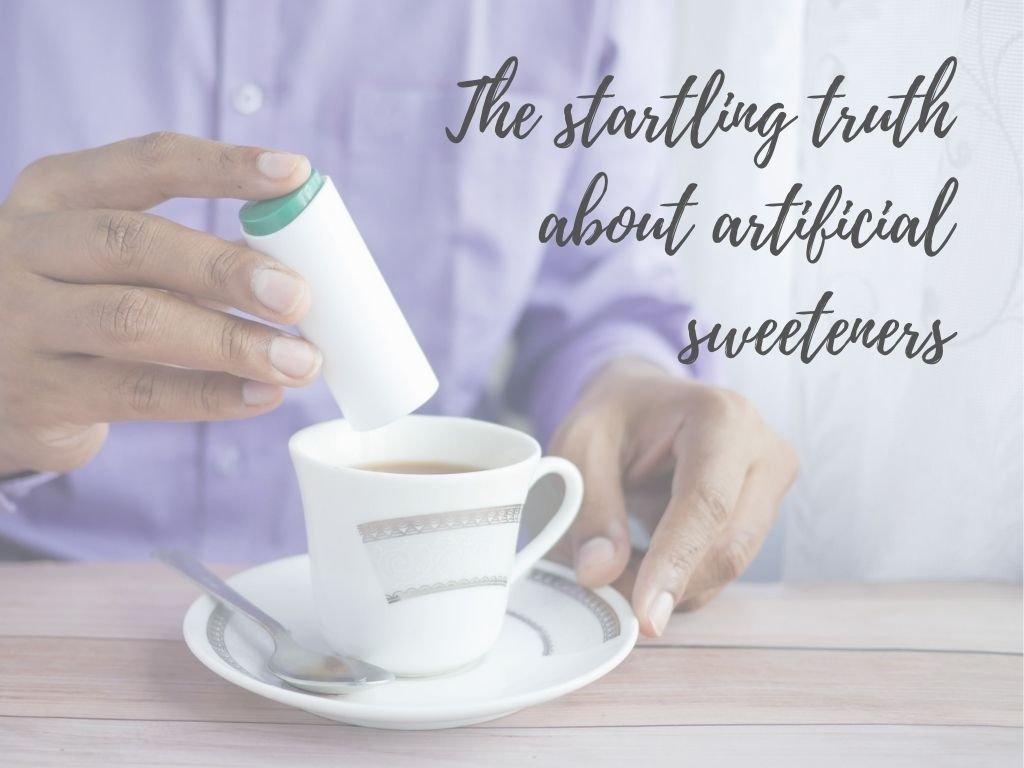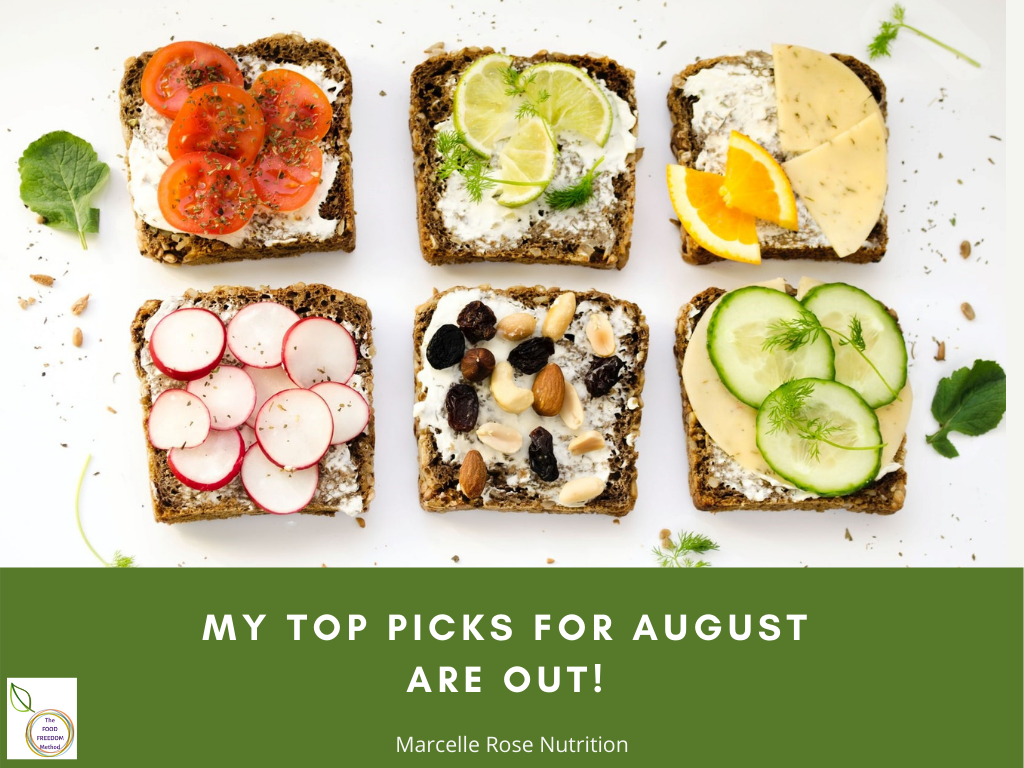Are you constantly striving to attain a smaller body? For many people, this preoccupation consumes their thoughts and impacts many aspects of their life. If this is something you have been battling with, have you ever considered if shrinking your body will genuinely make you happy?
For many of my clients who struggle with their relationship with food and their body, this question resonates deeply. They begin to peel away layers of societal conditioning, personal insecurities, and the relentless pressure to conform to unrealistic standards of beauty.
What is fuelling your deep desire to shrink your body?
The desire to be thin often stems from the belief that thinness equates to happiness, acceptance, and love. But if you delve deeper into this belief, you may uncover something far more enlightening.
Take a moment to reflect on times when you might have been thinner. Were you genuinely happier then? Or was it a fleeting sense of satisfaction? Perhaps, like many of my clients, you found that it was never enough, and you were still striving to lose more weight.
It might be that you were happy then. If so, was it attributed to your weight, or were there other aspects of your life contributing to your happiness, such as being in a positive relationship or having a great job?
Perhaps you didn’t truly find happiness at all then. If this is the case, it's valuable to reflect on this when thoughts about losing weight dominate your thinking.
What else might be driving preoccupation with your weight
Weight Stigma and Diet Culture: In a society that glorifies thinness and demonises larger bodies, it's no wonder that many of us internalise these harmful messages. From media representations to interpersonal interactions, the pressure to conform to a certain body size is widespread.
Seeking Control: For some, the pursuit of thinness becomes a way to exert a feeling of control in a chaotic world. By focusing on your body you might feel in control of something where stress and overwhelm has taken over many aspects of your life. Consider what you might be trying to block out with this focus on your weight.
Thinness as a Moral Virtue: Thinness is often equated with morality and being virtuous, perpetuating the harmful notion that your worth is tied to your body size. But being thin does not make us inherently better people. Our value lies in our character, our actions, and the impact we have on the world around us.
External Validation: The validation you might receive for losing weight may provide a temporary high, but it’s important to recognise that your worth is not dependant on the approval of others, it has to come from within. Bear in mind also that the validation you seek is often from others who are struggling with their own issues around food and body image.
So how can you break free from the shackles of diet culture and cultivate true happiness? It starts with embracing body acceptance and shifting your focus away from thinness as the ultimate goal.
Here are some steps to get you started:
1. Practice Self-Compassion: Recognise that your struggles with food and body image are valid and worthy of compassion. Instead of berating yourself for not meeting unrealistic body standards, offer yourself kindness and understanding.
2. Challenge Internalised Beliefs: Question your beliefs about thinness and worthiness. Challenge the notion that your value is tied to your body size, and embrace your worthiness, irrespective of your appearance.
3. Foster Authentic Connections: Shift your focus to the qualities that truly matter in relationships. Surround yourself with people who uplift and support you, not based on your appearance, but because of who you are as a person.
4. Pursue Meaningful Experiences: Engage in activities that bring you joy and fulfilment, regardless of how of your body size. Whether it's socialising, holidays or dancing, prioritise experiences that nourish your soul.
Try to remind yourself every day that true happiness lies in embracing yourself as you are, freeing yourself from the constraints of societal expectations, and embracing a life rich in meaning and connection.
If the idea of tackling your eating patterns feels overwhelming and you're unsure of where to begin, take a look at my FREE guide Breaking the Cycle - Your First Steps to Healing Your Relationship with Food to kickstart your journey today
This invaluable resource will help you:
✔️Know when you’re really hungry and when you’re not
✔️Learn when to eat that’s best for you
✔️Know the best snacks to help you stop craving and feeling out of control




















